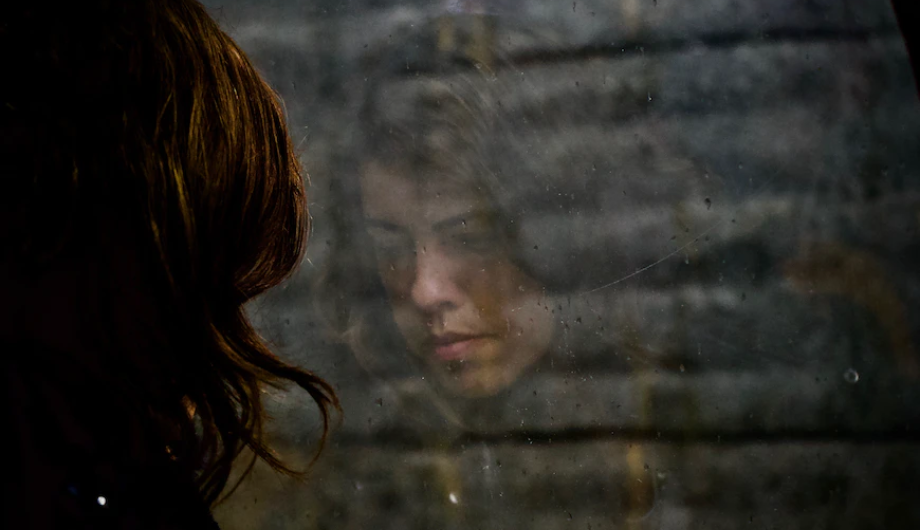
Collaboration between Idvas and Community Psychiatric Nurses
Vickie Crompton is the Domestic Abuse and Sexual Violence Partnership Manager for Cambridgeshire and Peterborough and has been responsible for the domestic abuse and sexual violence partnership since 2010. In this role Vickie commissions domestic abuse services, manages the Idva services and chairs the Marac.
Across Cambridgeshire and Peterborough there were around 1,600 cases that came to Marac in 2017/18. 1,600 cases where victims suffered a trauma by someone close to them, in isolation from their community, in their homes and in most if not all cases, the trauma was repeated rather than an isolated incident. All factors which make reaction to trauma especially severe. It has been estimated that 64% of abused women have post-traumatic stress disorder (PTSD), compared to 20% of military personnel who have seen combat. So for Marac cases alone, this would equate to over 1,000 people. Clearly Marac cases are the tip of the iceberg and the actual number is much higher.
In response, all Idvas working in Cambridgeshire and Peterborough receive the three-day Mental Health First Aid course. The course has improved understanding of symptoms of mental ill-health, enabled Idvas to respond effectively and also helped them manage their own mental health and levels of resilience in what is a demanding and stressful occupation.
In 2014, work was carried out across the partnership, and more specifically with the Office of the Police and Crime Commissioner, to fund “Mental Health Pathfinders” – Community Psychiatric Nurses (CPNs) who worked alongside Idvas, refuges and outreach. Their role was two-fold; to support staff to support their clients and to direct intervention where appropriate.
The CPNs were employed by the Mental Health Foundation Trust and were able to access appropriate support where required. When women arrived in the refuge with significant mental health needs, the CPN was able to ensure they had the correct medication and were linked into the local service provision. The CPNs were also able to teach the Idvas techniques which the Idva could then pass on to their clients. For example, a young woman who suffered from panic attacks was unable to contemplate how she would give evidence in court. Her Idva taught her ‘grounding techniques’ and when the time came for the trial she was able to manage her anxiety and give evidence.
The funding and arrangements have altered over time, however we were able to retain the CPN provision until this summer when further funding could not be found (although the search continues!). There are now two CPNs located in the Victim and Witness Hub, funded by the Office of the Police and Crime Commissioner, and professionals are able to seek their advice and support in relation to the victims they are working with.
Across the area we now have a network of around 170 professionals who are not domestic abuse specialists, but are the “DA Champion” for their own organisations. They meet quarterly to receive information, advice and bite sized learning in relation to domestic abuse. The autumn workshops are focussing on domestic abuse and the impact of trauma on mental health. In addition to this, all DA Champions are given a copy of the AVA Complicated Matters Guide, as this clearly sets out issues of both mental health and substance misuse in relation to domestic abuse.
As a partnership we are currently seeking additional funding to support children who have experienced domestic abuse, in particular with their mental health, and being able to process what they have experienced. Embrace – Child Victims of Crime, currently deliver 6-20 sessions of trauma based Cognitive Behavioural Therapy to young people aged 13-19 (up to 24 where there are additional needs). This is delivered by a network of therapists, at a location suitable to the young person, with no waiting list for treatment. As a partnership this is a service we are proud of, as it enables them to cope and recover from the trauma they have experienced.
Given the dynamics of abuse, it should be assumed that any domestic abuse victim and survivor is likely to have some negative impact on their mental health. It is vital that as both specialist providers and as general professionals, this is understood in order that those affected receive the best possible response from all of those working with them.
You may be interested in

Mental health: practice briefing

